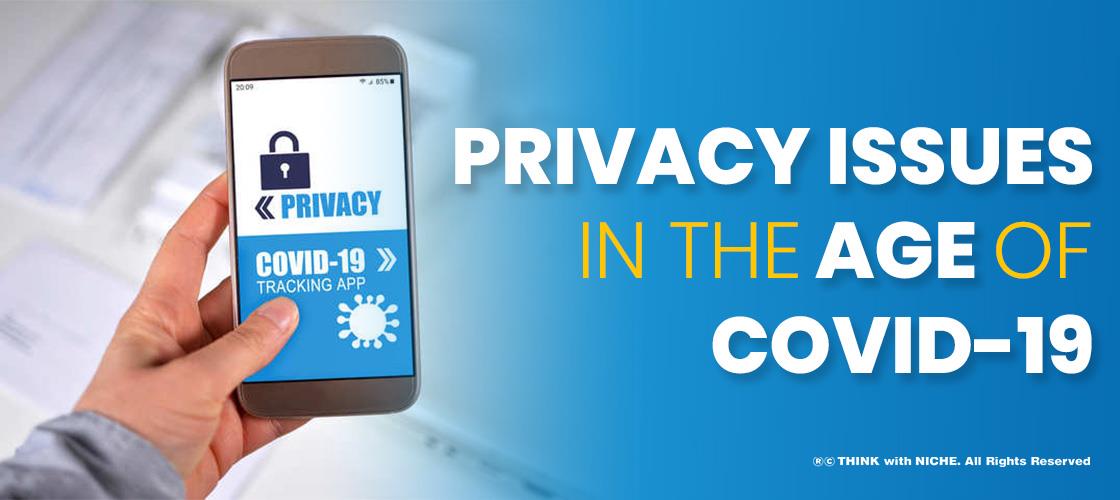
Post Highlights
Concerns about privacy affect employees, customers, and company information. While the pandemic is winding down, many of the business practices put in place last year will remain in place. Examples include remote work arrangements, teleconferencing, and new research and development. #ThinkWithNiche
These practices raise privacy concerns, which should be addressed. Take into consideration the following
Employee Personal Information
How much information about an employee's health can you obtain? The Health Insurance Portability and Accountability Act of 1996 (HIPAA) ensures the confidentiality of health information. The Privacy Rule of HIPAA governs the information that a healthcare provider may share with an employer. Other federal laws require employers to keep employee health-related information confidential. For example, the Americans with Disabilities Act requires employers to keep medical information about disabled employees in a file separate from the employee's personnel file. According to the Genetic Information Nondiscrimination Act, any DNA information must also be kept separate (GINA).
Confidentiality Is Essential In The Workplace
How far should or is it acceptable for an employer to pry into an employee's private life? Employers can monitor employees' phone conversations, emails, web searches, and even whereabouts using technologies like GPS, employer-provided cell phones, and workplace PCs.It's possible that you'll be tested for drugs and alcohol. Should employers monitor their employees' behavior, and if so, what legal restrictions do they have? Companies have a legitimate interest in understanding what their workers do during working hours, as well as what they do with company information (trade secrets and other proprietary information) and property (e.g., inventory theft; misuse of company vehicles, such as texting while driving). But how far should businesses go in their investigation of public Facebook and other social media postings? Employers may be prohibited from using a job applicant's social media information under state law. The National Center for State Legislation maintains a list of state social media privacy laws. There are also drug and alcohol testing requirements that differ by state. National Drug Screening, Inc. provides a list of state rules. It's worth noting that marijuana testing regulations are still in the works (medical marijuana is legal in 36 states, and recreational use is legal in 15 states plus D.C.).
The Risks Of Data Breach
What has changed in terms of privacy rules as a result of COVID-19? As a result of the pandemic, many employees were or are still working remotely. They're exchanging information. They're participating in a videoconference. These and other activities jeopardise people's privacy. The Federal Trade Commission (FTC) provides ten privacy recommendations for businesses that use videoconferencing. Tip #10 summarises everything: Determine your organization's preferred videoconferencing procedures. This will help to avoid the disclosure of sensitive information, which could violate legal and commercial privacy standards.
Internet Security Is A Concern
How much information do you have about your customers? Big tech companies like Facebook and Google have been chastised for their practices with subscriber/viewer data. While the United States has no legal requirement to display a privacy policy informing subscribers about how their data is used, the EU and other countries around the world do. (California has a strict privacy policy, though the majority of users are unlikely to read it.) Google Analytics, the Apple App Store, and other commercial websites all do it. As a result, having one for your website is strongly advised. If you don't already have one, you can create one with the help of a free privacy policy generator.
Last but not least, Apple CEO Tim Cook stated, "The right to privacy is extremely important." If you take out that brick and another, the house crumbles.” Social media, terrorism fears, and other concerns have clearly eroded some privacy. From a business standpoint, ensure that it is protected in accordance with the law and company policy.
Comments
Post a Comment